Durability and Maintenance of Pavers: Maximizing Lifespan
Durability and Maintenance of Pavers: Maximizing Lifespan
Introduction
Investing in high-quality pavers for driveways and patios is a smart choice. Not only do they enhance the aesthetics of your outdoor space, but they also provide long-lasting durability. In this article, we’ll delve into the essentials of paver durability, discuss factors that impact their longevity, and provide maintenance tips to ensure your investment stands solid year after year.
Paver Longevity: Understanding the Basics
- Materials Matter: The lifespan of pavers depends significantly on the materials used. Quality pavers, whether brick or concrete, can last anywhere from 25 to 100 years. Brick pavers generally outlast concrete pavers due to their inherent strength and durability1.
- Proper Installation: Correct installation is crucial for paver longevity. Factors like a stable base, efficient drainage, and accurate laying contribute to their durability. Professional installation ensures even placement and adequate compaction, preventing shifting and settling over time1.
- Maintenance: Regular maintenance plays a pivotal role in extending paver lifespan. By preserving their structural integrity, you protect your investment and maintain functional outdoor spaces for generations to come2.
Maintenance Tips for Pavers
- Sealing: Consider sealing your pavers. Sealing helps prevent stains, enhances color retention, and protects against weathering. Depending on the type of pavers, sealing frequency may vary, but it’s generally recommended every 2-3 years.
- Cleaning: Regularly clean your pavers to remove dirt, debris, and organic matter. Use a mild detergent and a soft brush or pressure washer. Avoid harsh chemicals that could damage the surface.
- Weed Control: Keep weeds at bay by using weed barriers or applying herbicides. Weeds can weaken the base and cause pavers to shift.
- Inspect for Damage: Periodically inspect your pavers for cracks, chips, or uneven surfaces. Replace damaged pavers promptly to maintain overall stability.
- Proper Edging: Ensure proper edging to prevent pavers from spreading outward. Well-installed edging keeps the paver layout intact.
- Snow and Ice Removal: Use plastic shovels or snow blowers with rubber blades to remove snow. Avoid metal tools that could scratch the surface.
Conclusion
Quality pavers, combined with correct installation and diligent maintenance, can last for decades. Choose wisely, invest in professional installation, and follow maintenance best practices to maximize the lifespan of your driveways and patios. Your outdoor space will thank you!
Remember, pavers aren’t just a short-term investment—they’re a long-term enhancement for your home.

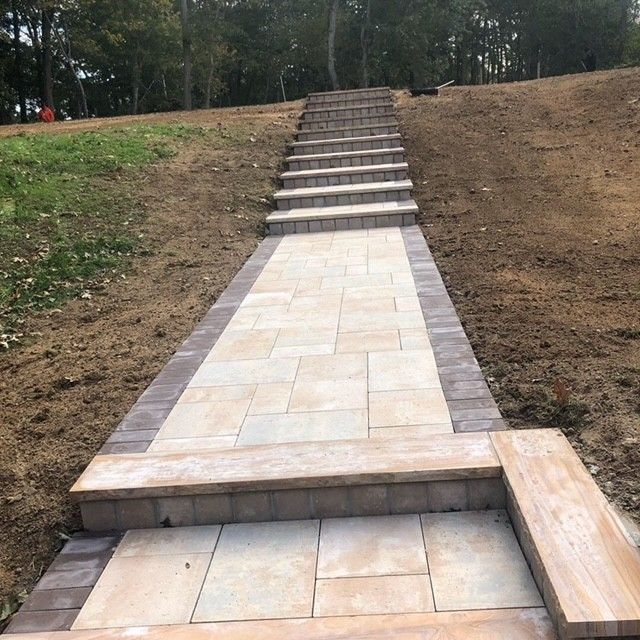


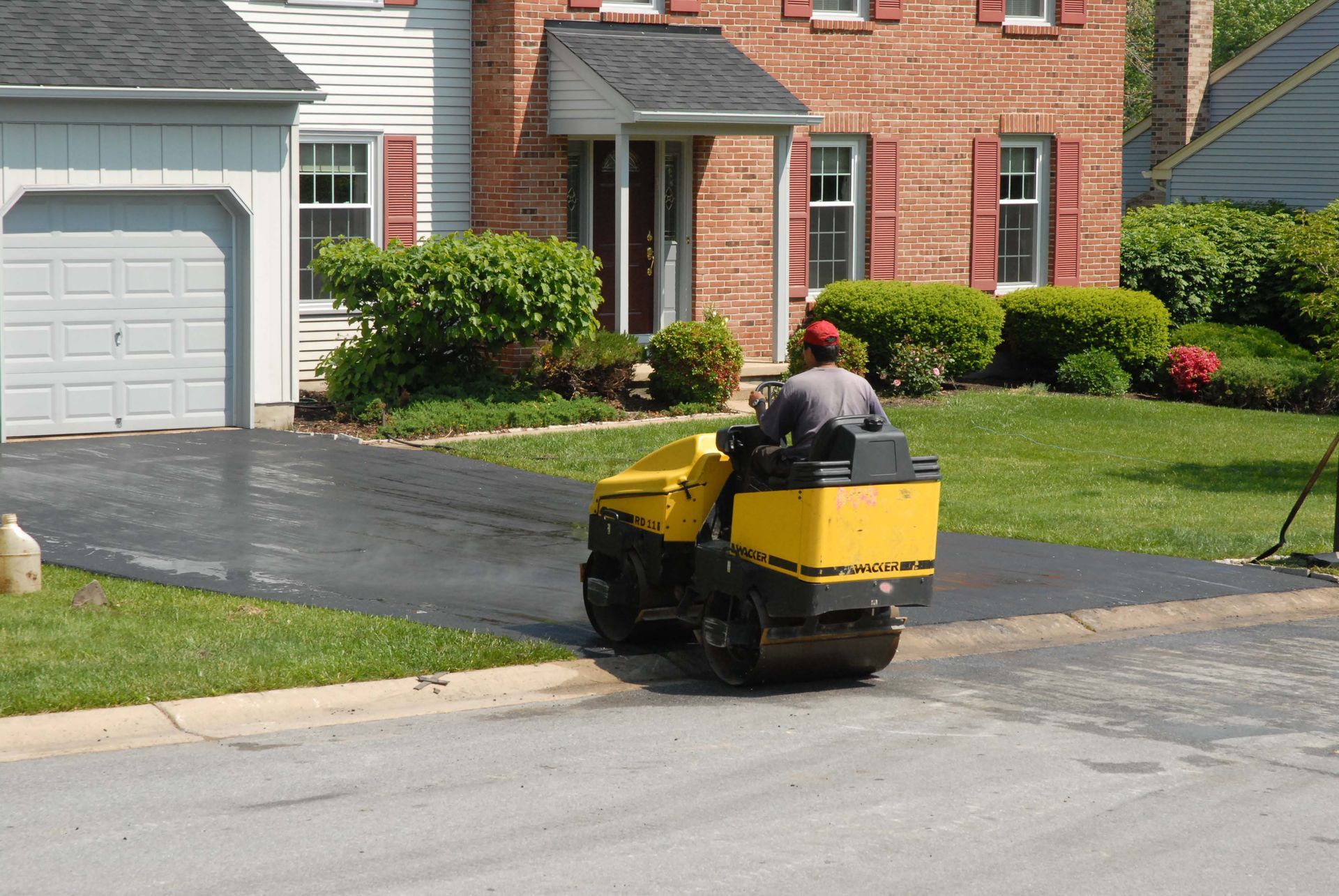
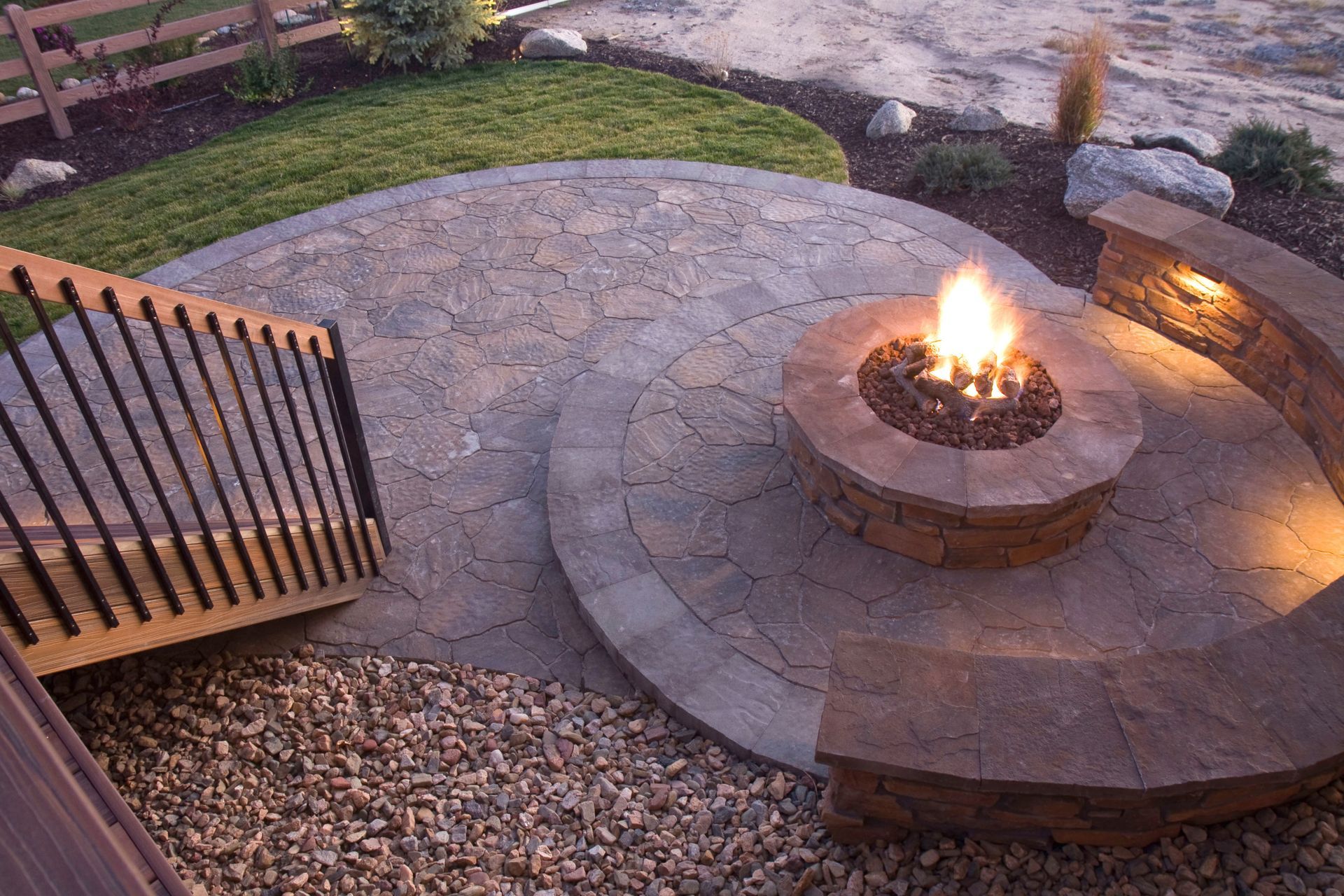
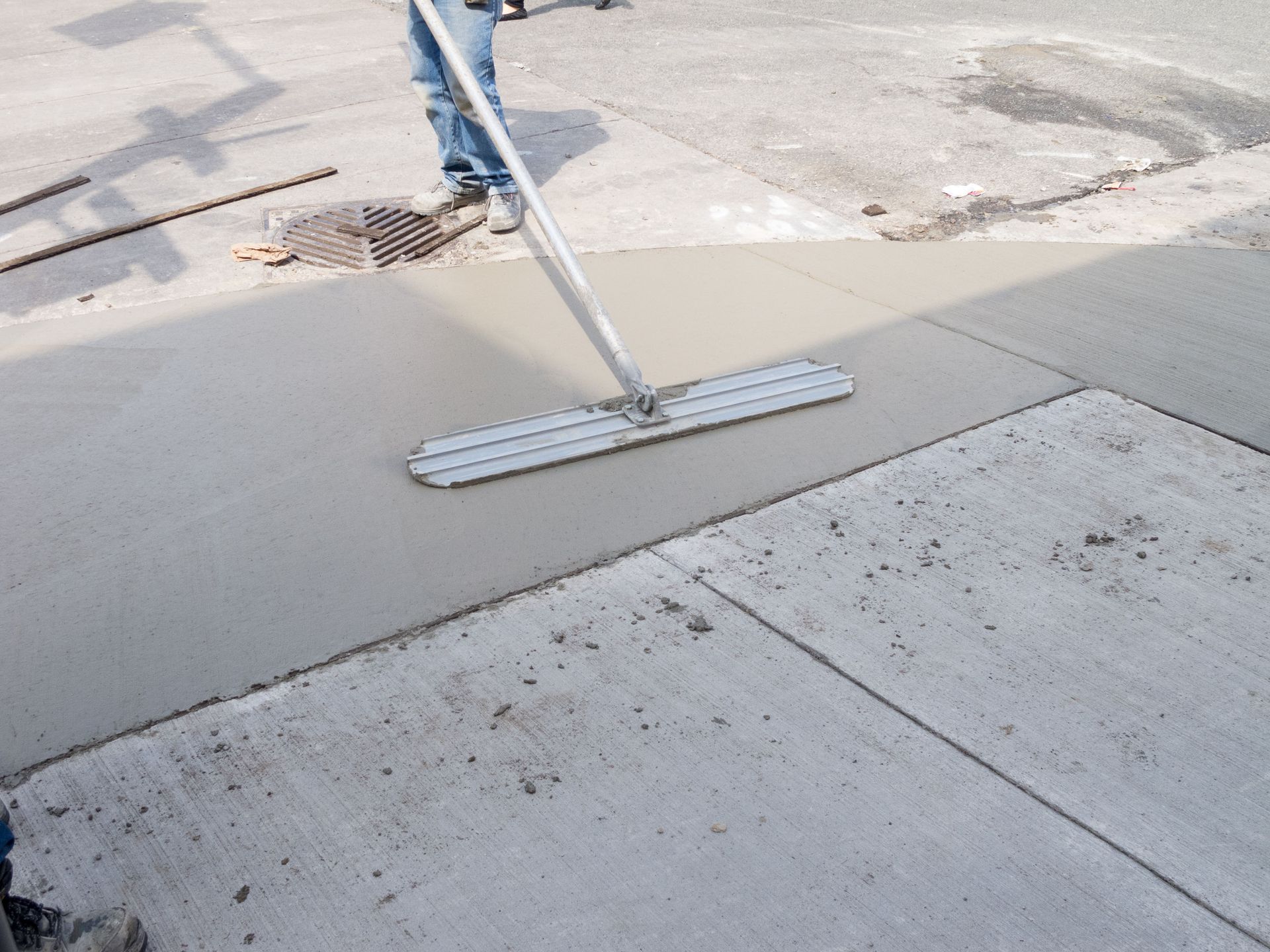
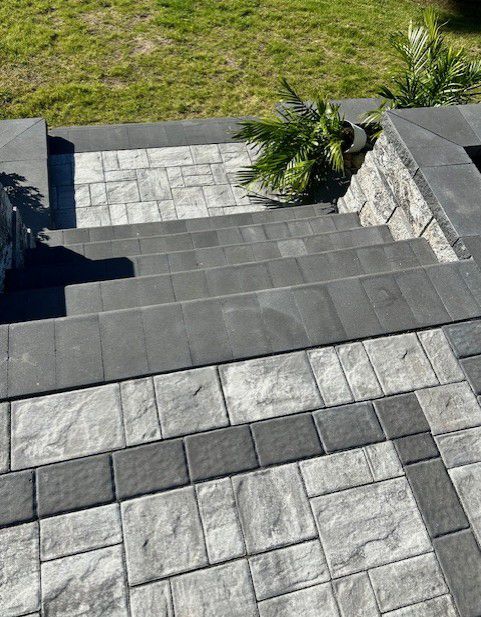
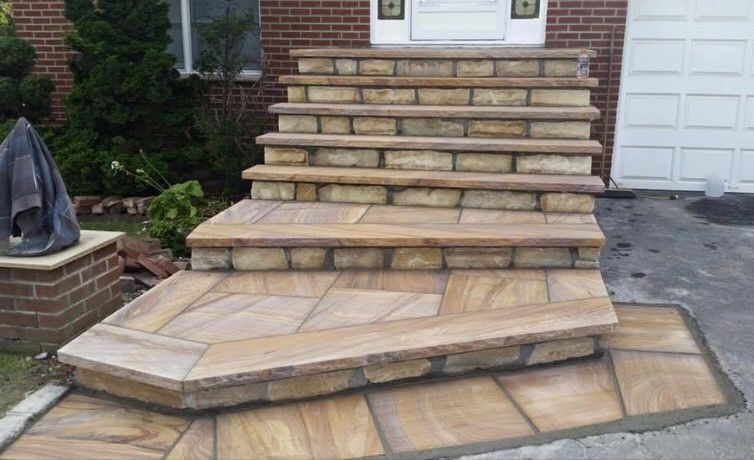
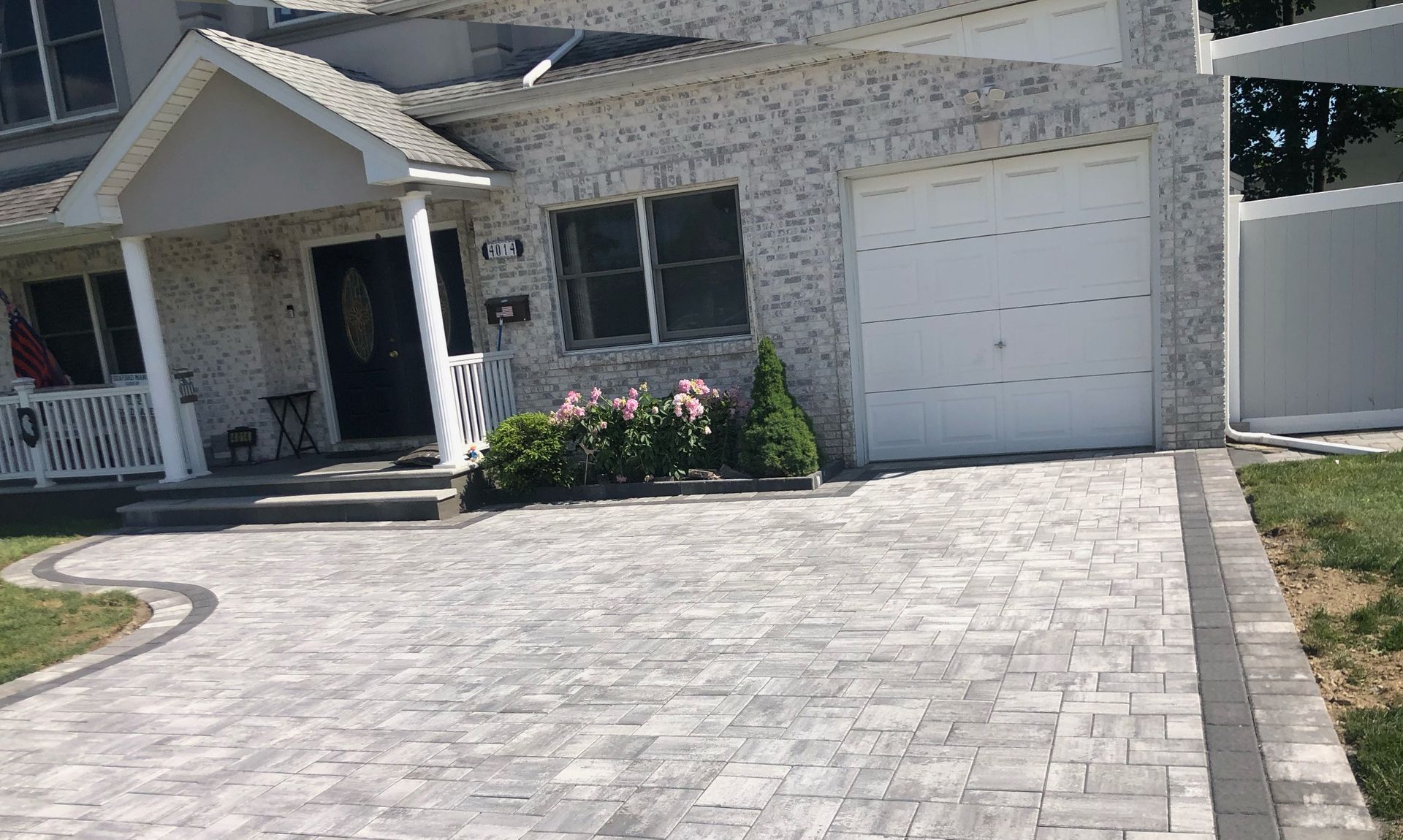
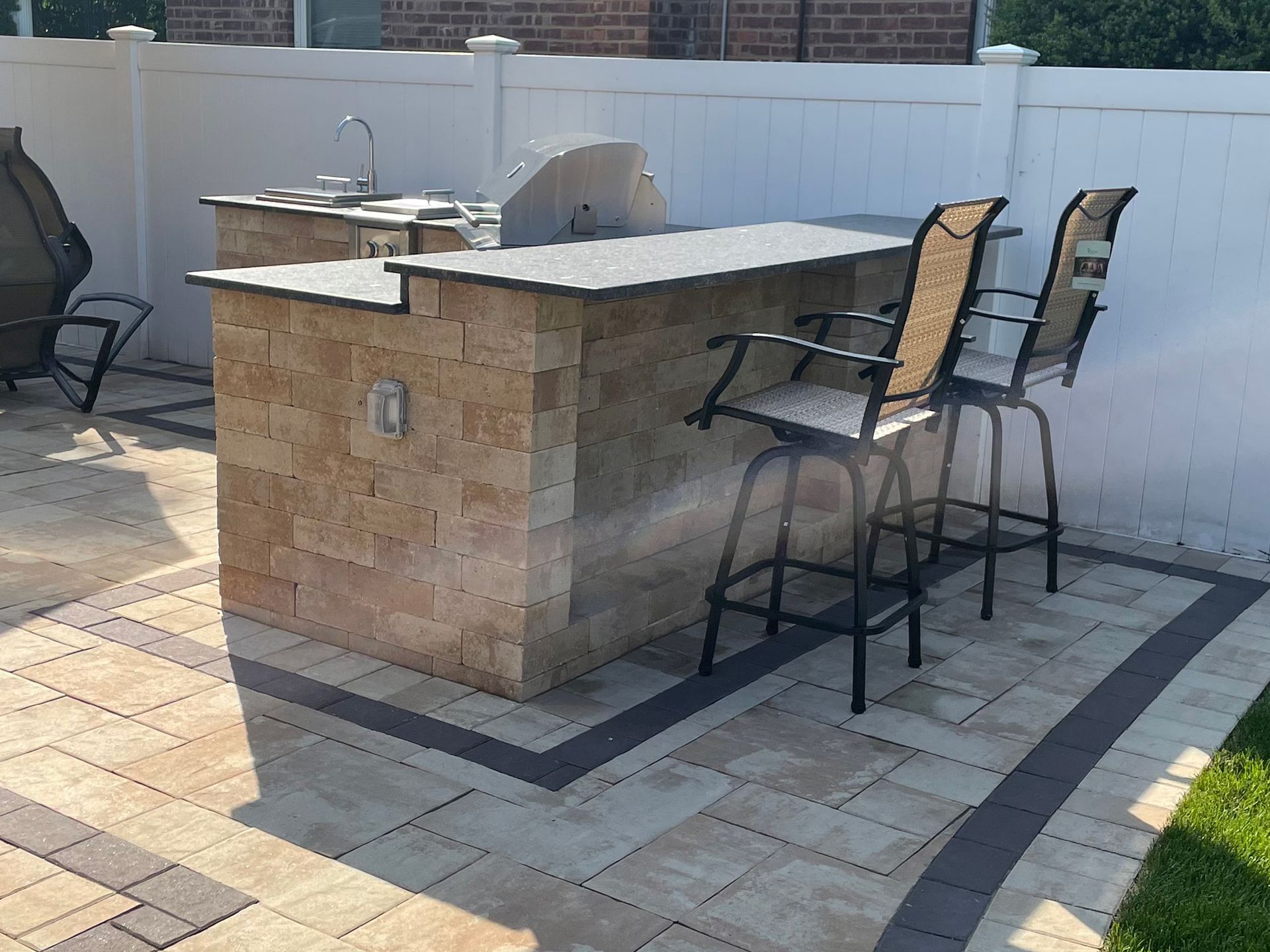

Share On: